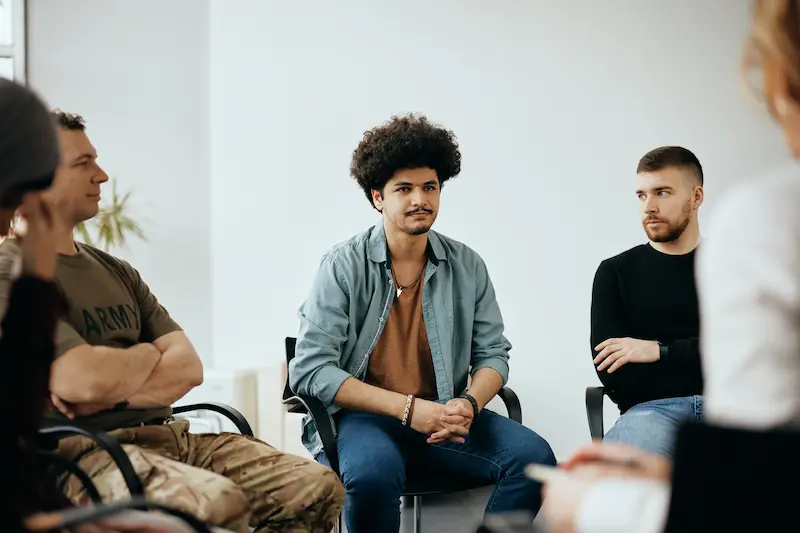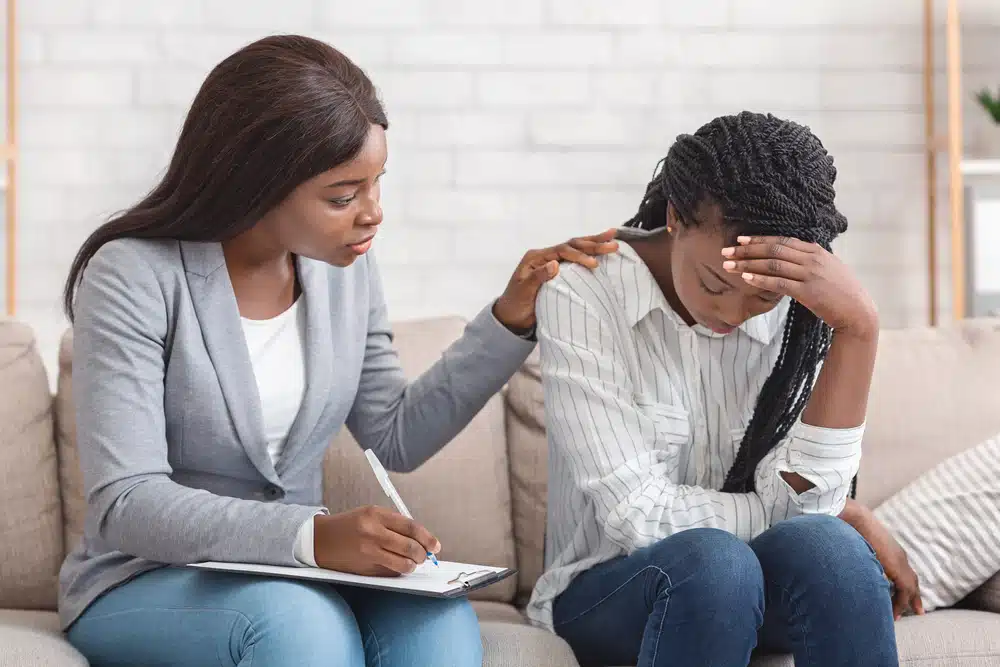24/7 Helpline:
(866) 899-111424/7 Helpline:
(866) 899-1114
Learn more about Inpatient Rehab centers in Griffin
Inpatient Rehab in Other Cities

Midway Recovery Systems
Midway Recovery Systems, Inc. purpose and mission are to provide quality treatment for males who are...

Spalding County Behavioral Health Center
Spalding County Behavioral Health Center offers individuals experiencing symptoms associated with me...

Pathways
Pathways - Highway 16 West offers outpatient treatment for individuals with alcohol and/or substance...

McIntosh Trail Community Services
McIntosh Trail Community Services is a public rehab located in Griffin, Georgia. McIntosh Trail Comm...











McIntosh Trail Community Services – Outpatient
McIntosh Trail Community Services – Outpatient is a public rehab located in Griffin, Georgia. McInto...

Pine Woods Behavioral Health
Pine Woods Behavioral Health is a private rehab located in Griffin, Georgia. Pine Woods Behavioral H...










Other Insurance Options

BHS | Behavioral Health Systems

Multiplan

Health Partners

Amerigroup

Group Health Incorporated

Ceridian

United Health Care

BlueCross

Coventry Health Care

MVP Healthcare

Health Choice

Regence

BlueShield

Holman Group

EmblemHealth

Molina Healthcare

Sutter

Ambetter

Humana

Health Net